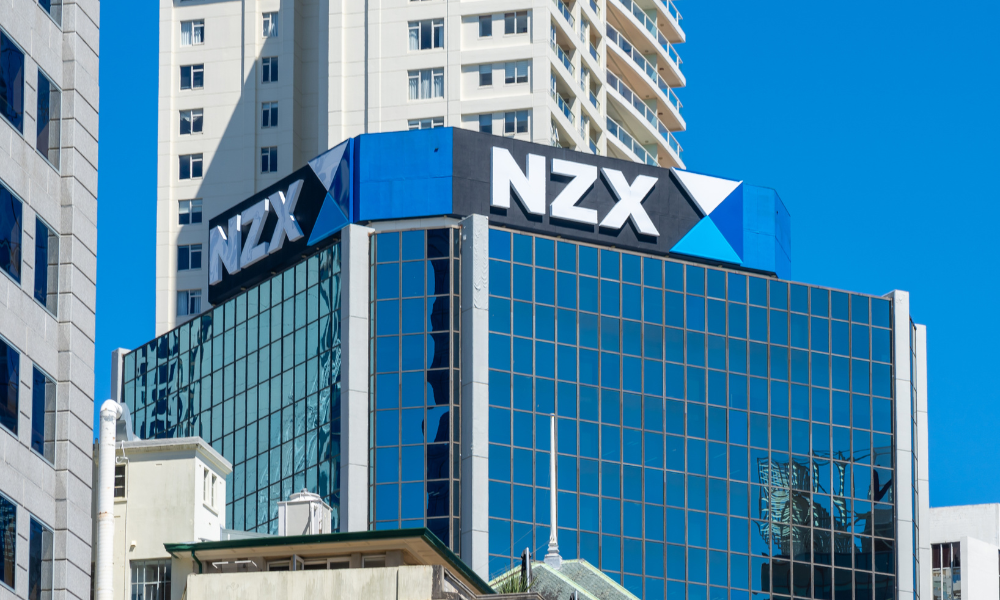New analysis from FMA links transparency gains to the 2013 FMC Act

A recent Financial Markets Authority (FMA) report revealed that New Zealand’s stock market has seen marked progress in preventing insider trading and related market abuses over the last 20 years.
The report uses two primary metrics: the Market Cleanliness Statistic (MCS), which monitors stock price abnormalities before material announcements, and the Abnormal Trading Volume Ratio (ATVR), which focuses on irregular trading volumes in the same context.
Findings indicate an overall decrease in abnormal price and volume activities before major announcements over the past 20 years, suggesting enhanced market integrity. The report attributes much of this improvement to the Financial Markets Conduct (FMC) Act of 2013, which introduced tighter regulatory measures.
According to FMA chief economist Stuart Johnson, a clean stock market "attracts overseas investment, lowering the cost of capital to NZ businesses, supporting firms to manage financial risk, and driving innovation."
Although the MCS and ATVR have both shown downward trends, occasional spikes occur, most notably during the 2020 COVID-19 market volatility, which led to an uptick in abnormal trading indicators. However, the market returned to its cleaner baseline levels shortly after, reflecting a resilient regulatory impact despite temporary disruptions.
The report also explored the impact of announcement type on market cleanliness. Positive announcements were found to show higher levels of cleanliness improvement post-2013, with the cleanliness rate for positive announcements rising significantly and pre-announcement price abnormalities reducing to about 3%.
Johnson noted that the FMA’s goal is to ensure that "price sensitive announcements should drive stock price movements only after the announcement is released." Any pre-announcement movements, he explained, can suggest information leakage or manipulation, which damages market integrity.
In contrast, negative announcements only showed a modest improvement. This discrepancy may be influenced by the absence of a public register for short-selling in New Zealand, unlike in countries like Australia and the UK, which maintain comprehensive registers to support transparency and accountability.
Industries with the most improvement in market cleanliness include technology, health care, and consumer staples. Meanwhile, sectors such as financials, real estate, and ,aterials showed more frequent pre-announcement price abnormalities, even post-2013, which could reflect industry-specific disclosure challenges.
Overall, the report highlights that the larger companies, typically with better resources for regulatory compliance, exhibited cleaner trading patterns compared to smaller companies.
The FMA plans to continue regular reviews of market cleanliness, building on what Johnson calls "a macro picture of behaviour on the stock market" that is also overseen by NZ RegCo’s advanced monitoring systems.



